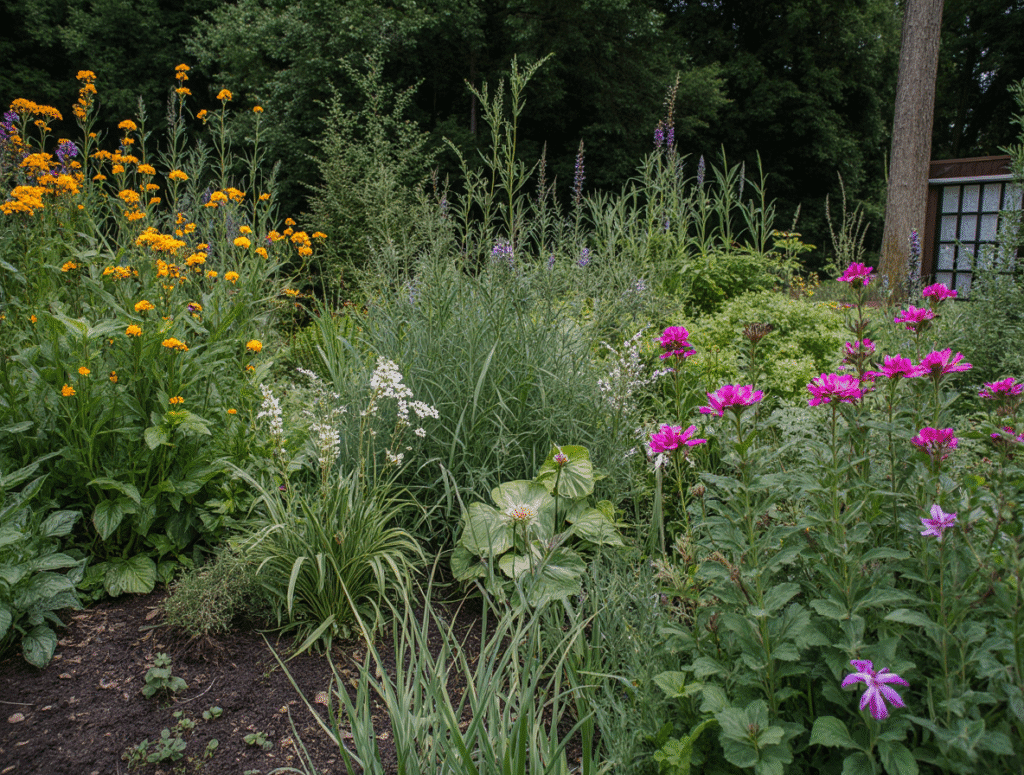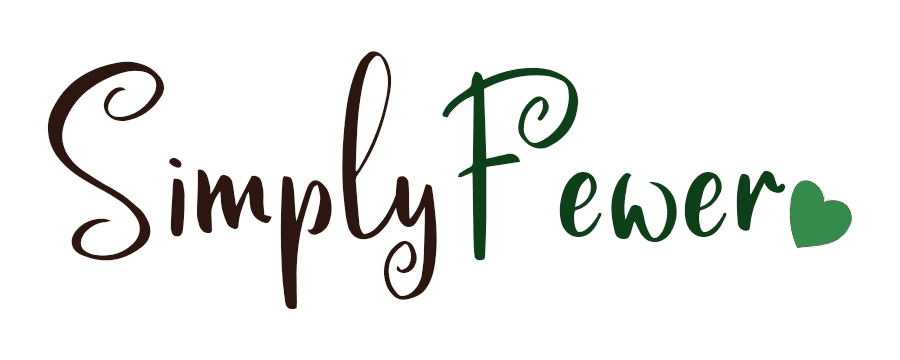Have you ever ended your day with a sigh and wondered, “Could I have done better today?” You’re not alone. In fact, asking how could I have made today even better is one of the most powerful habits you can build into your life. It’s not about self-criticism; it’s about self-reflection and growth.
This question opens the door to emotional insight, time management, relationship building, and more. It helps you spot what worked, what didn’t, and how you can elevate even an average day. When asked consistently, it becomes a gentle nudge toward a better version of yourself.
So let’s unpack this powerful daily practice and explore how you can use it to bring more purpose, joy, and productivity into your life.
Table of Contents
Building Self-Awareness Through Daily Reflection
Self-awareness is the compass that guides personal development. But how do you actually build it?
Imagine driving a car without checking your mirrors. Sure, you might get to your destination, but not without missing a few critical details—or making dangerous mistakes. Similarly, ending the day without reflecting is like driving blind.
By asking “how could I have made today even better,” you’re effectively holding up a mirror. You’re checking in—not to judge yourself, but to understand your habits, thoughts, and feelings. Did you scroll on your phone instead of talking to your partner? Skip your walk? Procrastinate?
Daily reflection gives your day a “review mode.” Think of it like watching a replay of a soccer match. You see not just the goals, but also the missed passes and golden opportunities.
The more you reflect, the more clarity you gain on your triggers, energy dips, and wins. This self-awareness leads to better decisions, improved relationships, and a stronger sense of control over your life.
Creating a Simple Evening Ritual for Improvement
You don’t need to journal for hours or meditate in silence. A simple two-minute evening habit can make all the difference.
Here’s a quick ritual to start:
- Find a quiet moment. Right before bed works well.
- Ask yourself: “What went well today?” Start on a positive note.
- Then ask: “How could I have made today even better?”
- Jot down your answer. Keep a small notebook or use a notes app.
- Sleep on it. Let your subconscious process the lesson overnight.
It’s like closing your laptop after saving your progress. Tomorrow, you reboot with intention.
Even this tiny act of reflection can build momentum. Over time, these small notes turn into a roadmap of personal growth.
Understanding the Difference Between Regret and Reflection
There’s a fine line between beating yourself up and constructive reflection. And it’s easy to confuse the two.

Regret sounds like this:
“I wasted the whole day. I’m such a failure.”
Reflection sounds like this:
“I spent too much time on social media today. Tomorrow, I’ll set a timer so I don’t lose track.”
See the difference?
One makes you feel stuck. The other offers a way forward.
You’re not supposed to be perfect. No one is. But you can always be a little better tomorrow than you were today. That’s the magic of reflection.
Think of it like gardening. You’re not criticizing the soil—you’re learning how to water it better next time.
Using This Question to Improve Mental Health
Believe it or not, asking “how could I have made today even better” can actually boost your mental health.
Here’s why:
- It grounds you in the present. You’re focusing on today, not yesterday’s guilt or tomorrow’s anxiety.
- It teaches emotional regulation. You learn what triggers stress or joy and how to respond better next time.
- It builds self-compassion. You see your growth areas without shame.
Let’s say you snapped at someone in frustration. Instead of ignoring it or feeling horrible, ask yourself: What led up to that moment? Maybe you were hungry, tired, or overwhelmed.
By naming the cause, you gain power over it. You can plan better next time—like taking a break or communicating your needs earlier.
It’s not therapy, but it’s therapeutic.
Learning from the “Micro-Moments” of the Day
We often think improvement only comes from big breakthroughs—like getting a promotion or quitting a bad habit. But real change? It lives in the micro-moments.
- That 5-minute chat with a coworker.
- That choice to eat a salad instead of fast food.
- That decision to scroll Instagram for 20 minutes instead of stretching.
By reflecting on these small decisions, you unlock a goldmine of opportunity.
Think of your day like a movie made of hundreds of frames. Each frame matters. When you reflect, you’re editing the next version for improvement.
Start paying attention to the in-between moments. They are where your better life quietly waits.
What the Experts Say About Daily Reflection
Experts in psychology and productivity agree: daily reflection is a superpower.
Dr. Tasha Eurich, author of Insight, found that self-awareness is linked to higher job satisfaction, better relationships, and stronger leadership. And it starts with asking the right questions—like “What could I have done better today?”
James Clear, the author of Atomic Habits, talks about the power of tiny changes. Reflection is how you identify what to change.
He writes: “Every action you take is a vote for the type of person you wish to become.”
Reflection helps you cast your votes intentionally.
It’s not just about fixing what went wrong—it’s about reinforcing what went right. That’s how you build habits that last.
Applying the Question to Different Areas of Life
Let’s break it down. How could this simple question apply to different parts of your day?
Work
- Could I have focused better?
- Did I communicate clearly?
- Did I prioritize what mattered most?
Health
- Did I move my body?
- Did I eat to nourish or out of boredom?
- Did I give myself rest?
Relationships
- Did I really listen when someone spoke?
- Did I express appreciation?
- Was I present, or just physically there?
Personal Growth
- Did I learn something new?
- Did I use my time meaningfully?
- Did I push outside my comfort zone?
By zooming in on each category, you create a 360-degree review of your day—one that brings out your full potential.
Using Analogies to Make This a Daily Habit
Let’s say your day is like a garden. You wake up and tend to it: some flowers bloom, some weeds grow. At night, reflection is when you walk through it and take notes. Tomorrow, you plant better seeds.

Or think of your day like a recipe. Maybe you added too much salt or forgot an ingredient. Instead of throwing the whole meal out, you tweak it for next time. That’s reflection.
These analogies remind us: improvement is a practice. And daily reflection is your toolkit.
You’re not rewriting your entire story—you’re just editing today’s chapter to make tomorrow’s even better.
Conclusion: Make It a Lifelong Habit
The question “how could I have made today even better?” is simple but powerful. It encourages mindfulness, personal growth, and intentional living. And the best part? It doesn’t require any special tools—just honesty and a few minutes of your time.
Whether your goal is to improve your relationships, be more productive, or find more joy in everyday life, this question can guide you.
So tonight, before you close your eyes, ask yourself: “How could I have made today even better?”
Then carry the answer with you into tomorrow.
FAQs
1. Why is asking “how could I have made today even better” important?
It helps you reflect on your daily actions, build self-awareness, and identify areas for personal growth without judgment. It’s a positive way to grow every day.
2. How often should I ask this question?
Ideally, every night before bed. Making it part of your evening routine ensures consistent reflection and long-term improvement.
3. What if I had a terrible day and don’t want to reflect on it?
Those are the days when reflection matters most. Even in bad days, there’s always something to learn or a small win to celebrate. Focus on growth, not guilt.
4. Can this help with anxiety or stress?
Yes. It grounds you in the present and gives you tools to manage emotions better by learning from your reactions and decisions.
5. Is journaling necessary for this habit?
Not at all. While writing can help clarify thoughts, even silently thinking about the question can bring value. Do what works best for your lifestyle.

